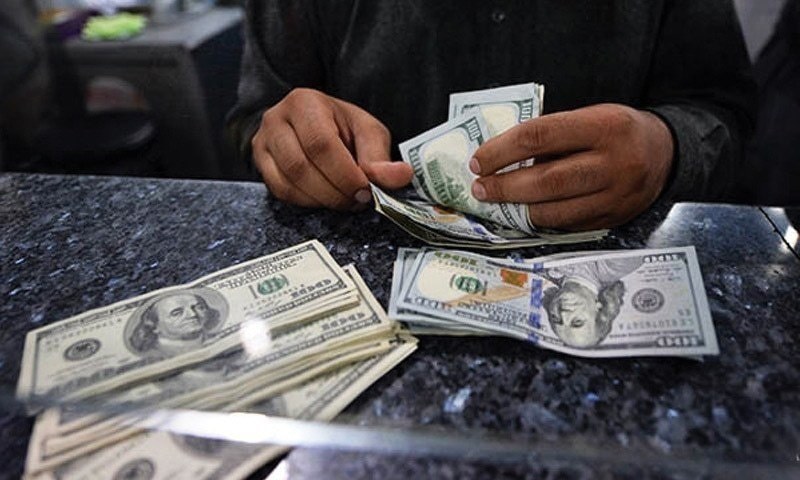Commercial banks have been ordered to get approval from the State Bank of Pakistan (SBP) before beginning import transactions worth $100,000 in an effort to reduce dollar shortages and conserve declining foreign exchange reserves amid uncertainties over IMF loans.
Trade documents such as a letter of credit (LCs), other paperwork, and payments for imports of specific products worth $500,000 were formerly required to notify the SBP if banks wished to process the trade documents.
After a substantial depletion in foreign currency reserves, it appears that the central bank intends to restrict imports to conserve money.
There were $8.98 billion in reserves on hand as of June 10 – enough to cover imports for 1.32 months. Because of this policy, the SBP stated it has not prevented banks from completing import payments.
As of this writing, it had completed about $200 million in import payments. ‘ With specific sorts of imports like cars (totally knocked down), cell phones (completely knocked down), and machinery, SBP has needed prior clearance before opening LCs or registering contracts. “These guidelines were announced on May 20 and not today,” the central bank responded to a question.
Controlling the market is impossible for the SBP.
Low or negative swap premiums are the result of the commercial bank’s share of reserves being depleted due to large withdrawals, particularly around the end of June.
“But we’ve been in similar situations before, and we’re prepared for this one” said SBP spokesperson.
There are only a few days left in this important period.
According to one economist, everything would be back to normal if an agreement with the IMF is reached. The SBP is looking into ways to increase the availability of dollars in the foreign exchange market.
It is possible that banks will have to deposit 10% of their dollar accounts with the SBP in order to meet their cash reserve requirement (CRR).
By the end of October, the banks will have replenished their CRR holdings at the SBP. A circular will be sent to all banks if the central bank decides to pursue any of these alternatives.
Luxury and non-essential goods were banned from being imported in May by the coalition administration. An increase in the current account deficit and decreasing foreign currency reserves prompted this move.
Imports pushed the country’s trade imbalance to an all-time high of $43.33 billion in the first 11 months of the current fiscal year, an increase of 57.85 percent year on year.
From (July to May) FY2022, the import bill rose by 44.28 percent to $72.18 billion. A 27.78 percent rise in exports brought the total to $28.14 billion.
As the country’s current account deficit widens and its external debt obligations rise, pressure on the country’s forex reserves mounts, pushing the local currency to new lows. The SBP’s ability to protect the rupee is hampered by dwindling reserves.
Works at The Truth International Magazine. My area of interest includes international relations, peace & conflict studies, qualitative & quantitative research in social sciences, and world politics. Reach@ [email protected]










